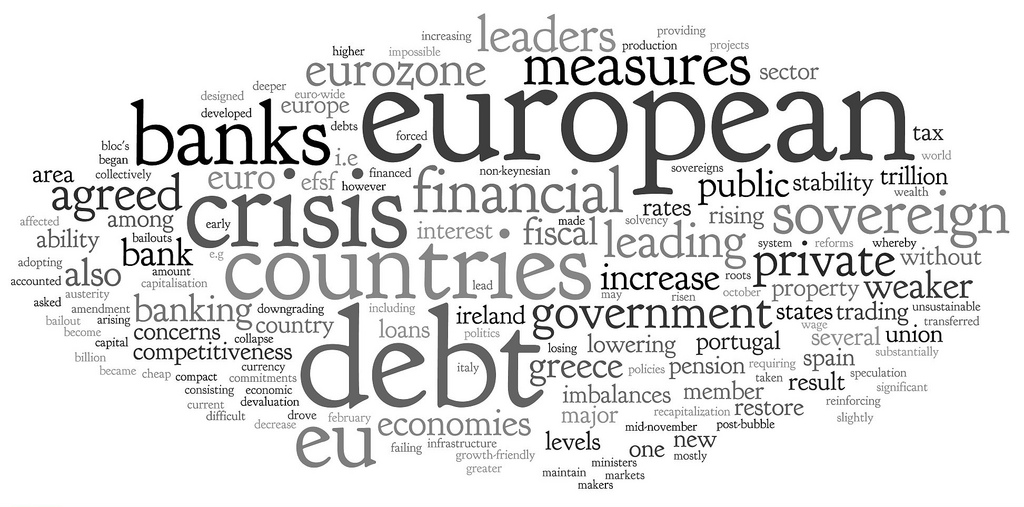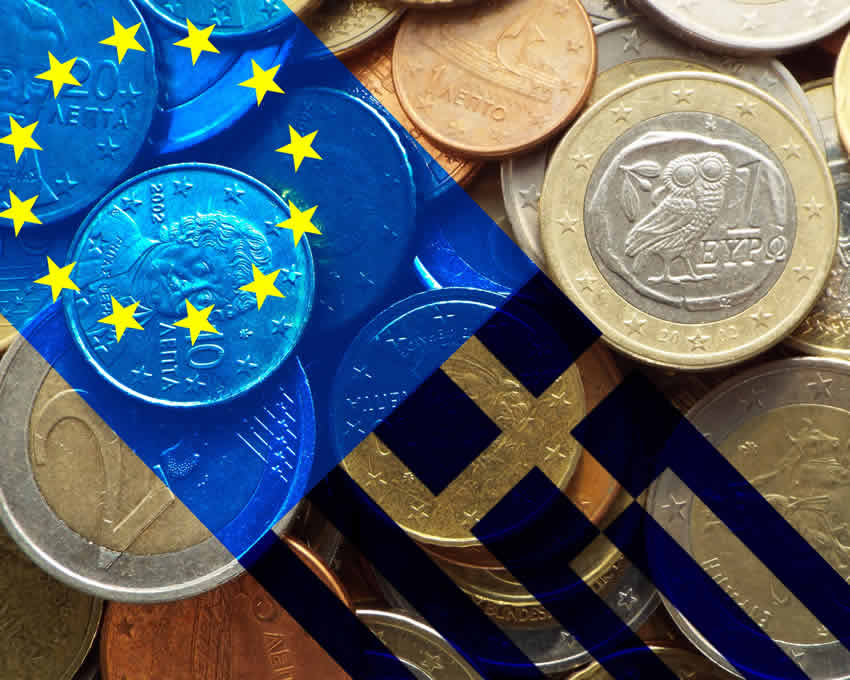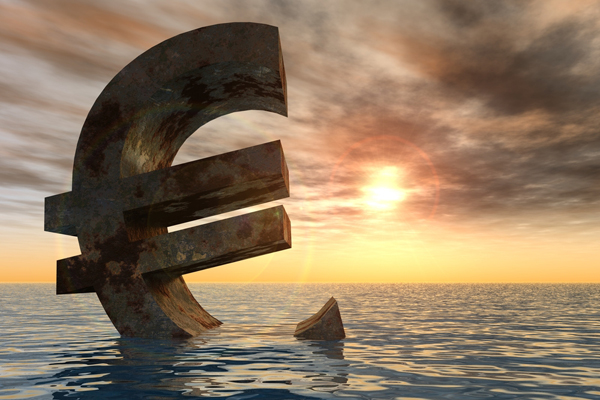Eurozone Debt Crisis and Regulation of Credit Rating Agencies (World Scientific). The credit rating agencies (CRAs) have received a great deal of media, political, and regulatory attention since the early summer of 2007. With 2008 financial crisis, there was a common argument that CRAs had not been held accountable for the poor performance that…



